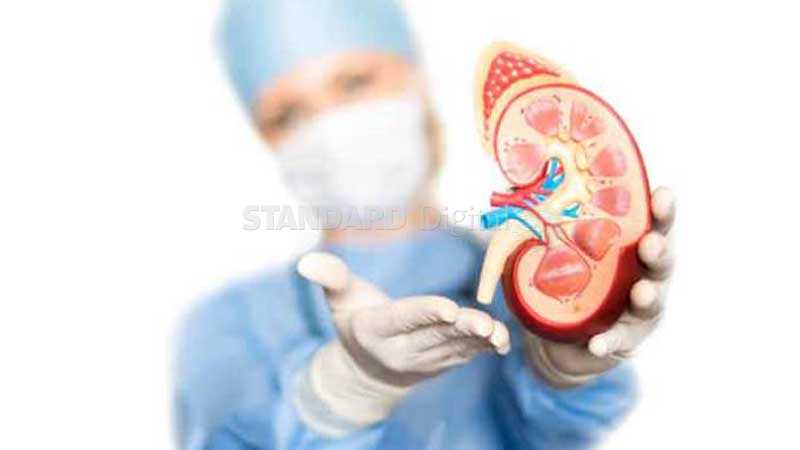×
The Standard e-Paper
Stay Informed, Even Offline

Four years ago, Joyce Njeri had her lifetime dream within reach with a flourishing business in Nairobi and a happy family. Then life took a brutal turn. In November 2014, Njeri, then 32, delivered safely at Kenyatta National Hospital.
“The delivery went well but it was followed by excessive bleeding which kept me at the hospital for one and a half months,” Njeri told the Standard.